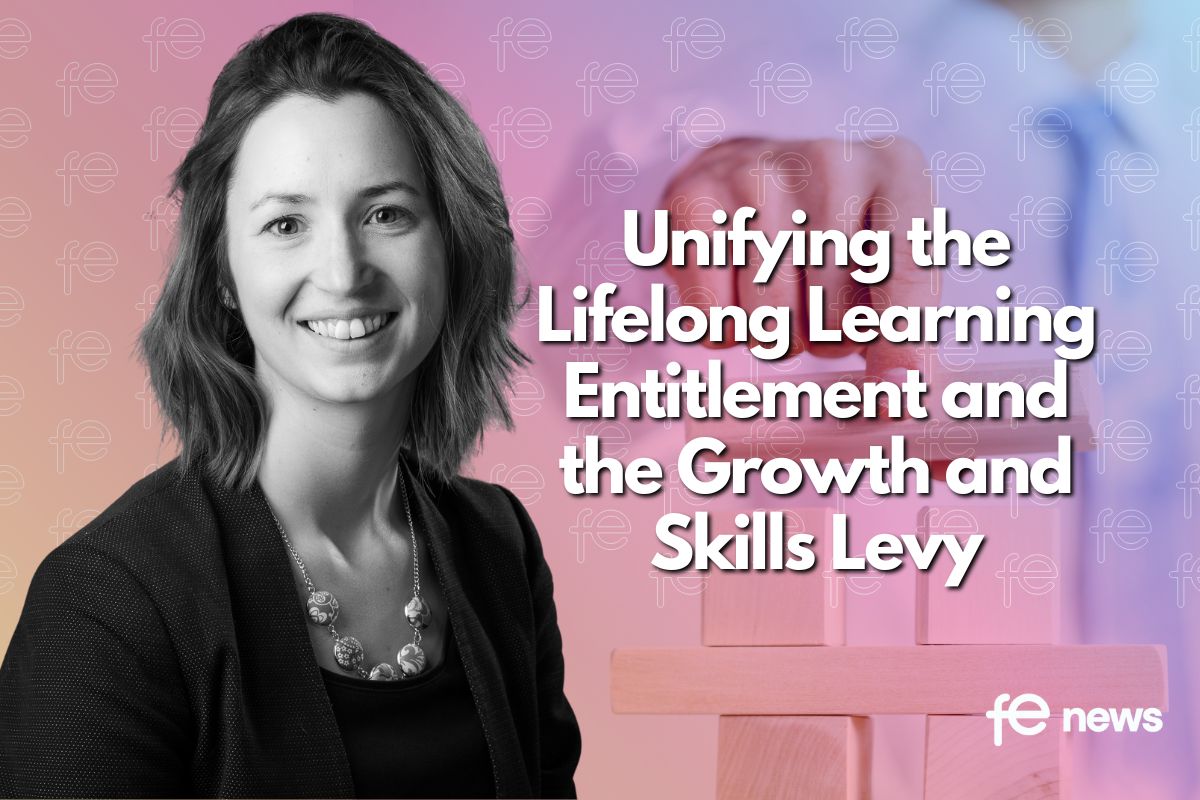The Good Parent Educator: What every parent should know about their children’s education by Lee Elliot Major

Providing essential evidence-informed advice for parents keen to help their children do well at school and beyond
‘How can you help your children do well at school and beyond?’ is the question posed by Lee Elliot Major OBE, award-winning author and speaker, in his new book The Good Parent Educator published by John Catt Educational. A ‘must-have’ expert guide for parents who want the best education for their children, the book covers everything from helping them learn to read or revise, engaging with teachers, paying for private tutors, choosing a school, to helping them to decide which degree or apprenticeship to apply for.
By the time they leave home some parents may spend as many as 10,000 days trying to help their child prepare for adulthood. Up to now there has been little accessible, authoritative advice guiding parents through one of life’s most important tasks.
Based on the findings of thousands of studies, but also filled with personal parenting stories, the book’s ultimate aim is to empower children through education to become independent thinkers ready to prosper in the world. Each chapter is dedicated to an important education topic, from pre-school to post-graduation. Each section also includes key takeaway messages and five nuggets of advice, as well as suggestions for extra reading.
Top tips for parents, to name but a few, include:
- Establish a daily routine of 20 minutes for your children’s reading during their primary school years. Ask questions before, during, and after reading. It helps if you can convey a love of literature yourself.
- Praise your children sparingly so it’s valued. It is better to praise effort than accomplishment. This encourages a growth mindset. It’s best to focus on improving personal bests, rather than comparing with others.
- Ask your school how they are using their best teachers to improve attainment. The quality of teaching is far more important than other school features such as class sizes or school uniforms. In every school there are teachers who are inspirational and those who need to improve their practice.
- Adopt the ‘ten-minute rule’ for homework – the daily maximum for every successive year group. For example, pupils in their first year of primary school at age five (Year 1) should do no more than ten minutes of homework each night. Less is more, particularly in the early years. In each successive year add ten minutes to the time.
- Ensure your children devote as much time to art and sport as scholarly study. Playing music, performing drama, producing a painting or sculpture, or playing a host of sports all have important educational value in themselves. They help to improve children’s confidence and are associated with increased self-esteem and wellbeing.
Commenting on his book, Lee Elliot Major said,
“The aim of this book is to help parents better navigate the twists and turns of their children’s educational journeys, make the most of schooling, nurture their children and most importantly help them to think independently.”











Responses